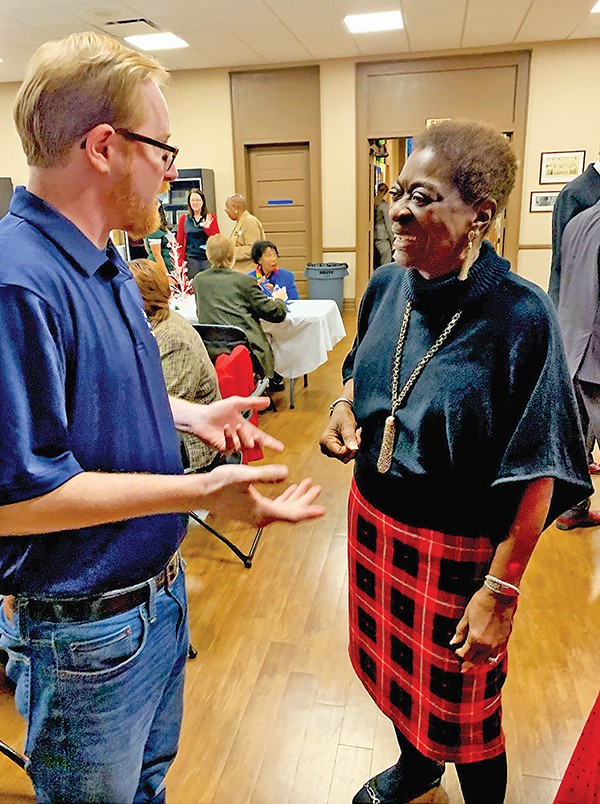Yep, another election is coming up, and this one, a primary election scheduled for Tuesday, March 5th, involves just two offices — one of them being the presidency of the United States, the other being the clerkship of Shelby County’s General Sessions Court. (Note, early voting has already begun and ends on February 27th.)
Where the presidential primaries are concerned, there is not much suspense. Those voters selecting a Republican ballot will have eight choices, and that old saw about the value of a name being high up on the ballot list can safely be discarded.
Of the eight available GOP alternatives, one Donald J. Trump is last on the list. Those preceding the former president, in alphabetical order, are Ryan Binkley, Chris Christie, Ron DeSantis, Nikki Haley, Asa Hutchinson, Vivek Ramaswamy, and David Stuckenberg.
Of these, only Haley, a former UN ambassador and the ex-governor of South Carolina, is still an active candidate opposing Trump, and she may be the only person in America or anywhere else who believes she has a ghost of a chance.
(It’s not against the law to believe in ghosts, but it’s certainly against the oddsboard.)
On the Democratic primary ballot, there is only one name — that of the incumbent president, Joe Biden.
Of course, voters who don’t cotton to the idea of a Biden-Trump repeat in the November 5th general election are free to fantasize and write in whomever they please on whichever ballot they choose.
Now, for the General Sessions clerk’s race: The two party candidates selected on March 5th will vie for the position in a general election on Thursday, August 8th. The same date holds for various elections in the county’s suburban municipalities and for primaries for state and federal positions on the November ballot.
Lisa Arnold, a former employee with the clerk’s office, is the only Republican on the March 5th GOP ballot, while Democratic voters have four candidates to choose from.
The Democrats are: Rheunte Benson, who is currently serving as criminal administrator with the clerk’s office and is making her second race for the clerk’s position, having run for it four years ago; Shelandra Ford, who served as Shelby County register of deeds from 2018-22 and was defeated in a reelection bid for that office four years ago by current register Willie Brooks; Joe Brown, the incumbent Criminal Court clerk, who previously served several terms as a member of the city council and who won out in a crowded primary for the clerk’s office four years ago.
And there is Tami Sawyer, the former activiste par excellence, county commissioner, and 2019 candidate for mayor. This is not the same Tami Sawyer who could “not wait” to seek the city’s highest office in what seems, in retrospect, to have been a premature move.
This is a new Sawyer, inclusive rather than confrontational, a solid organizer, and backed by an impressive chorus of Establishment Democrats while maintaining her woke base.
Her main obstacle to election might be the ritual name-ID advantages of opponents Ford (not a member of the well-known political clan but possessor of the same surname) and Brown (whose election in the first place was probably due to voters’ familiarity with his TV-judge namesake).
Sawyer is, in any case, widely regarded as the favorite, and she is expected, if elected, to use the new perch not as a sinecure but as the springboard for further political action.

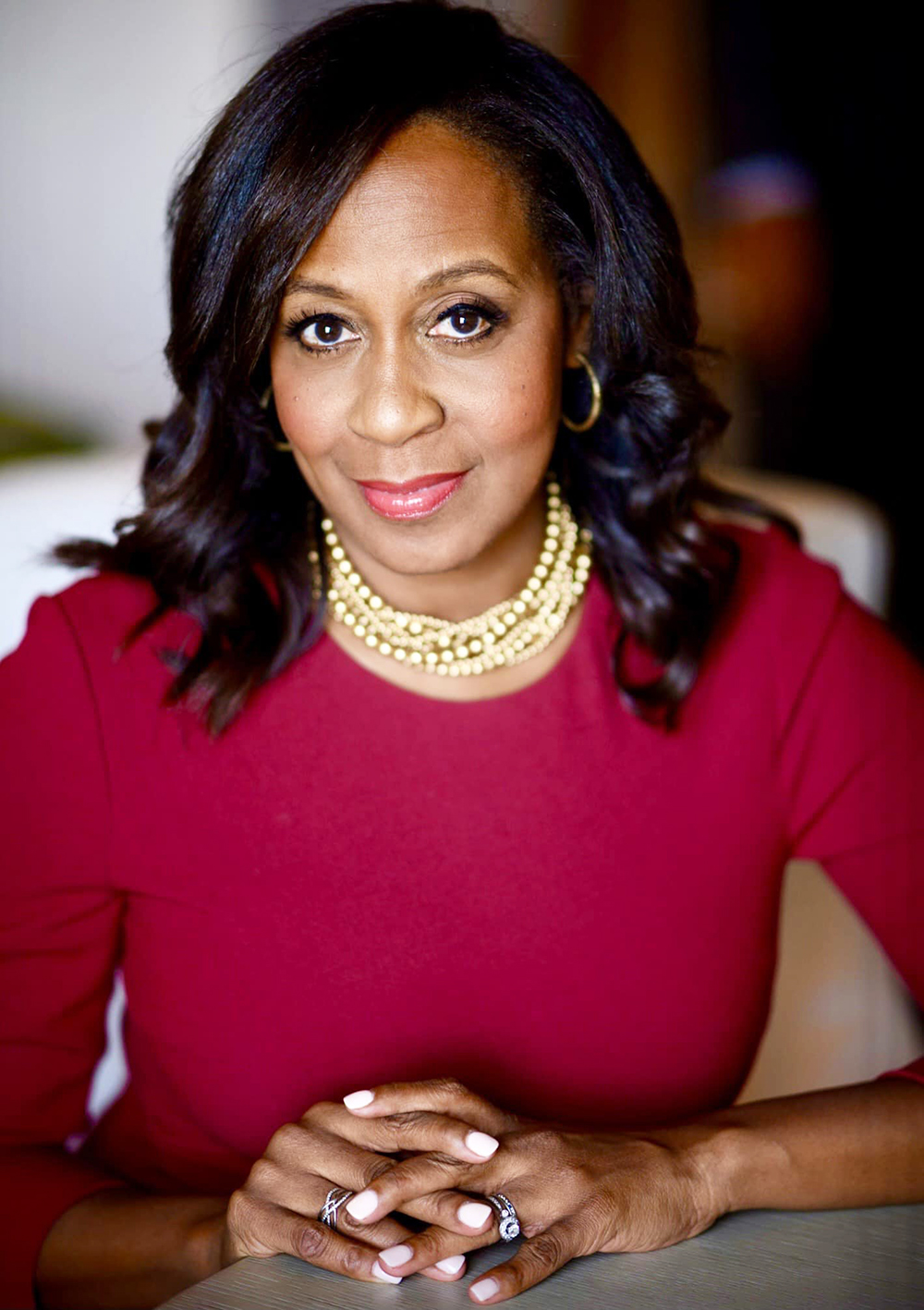


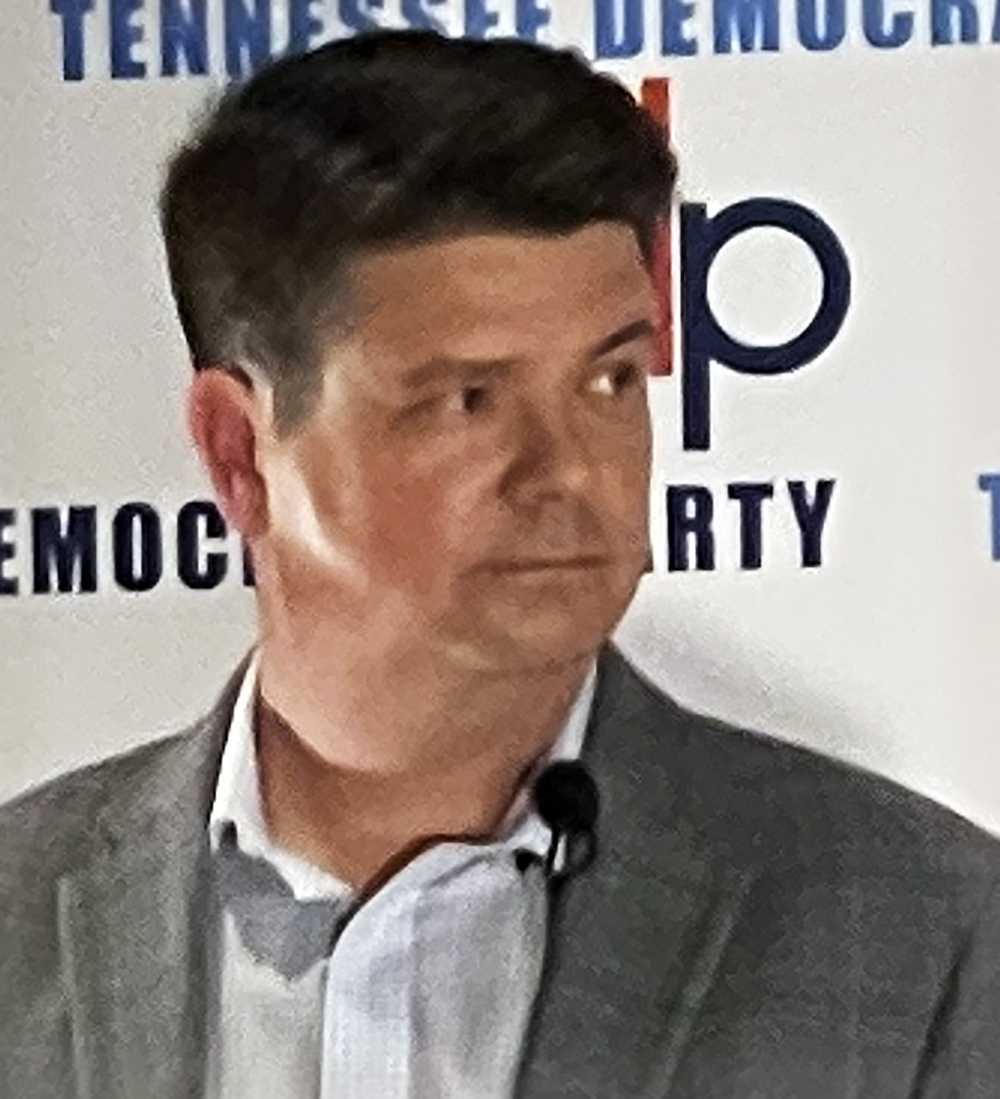
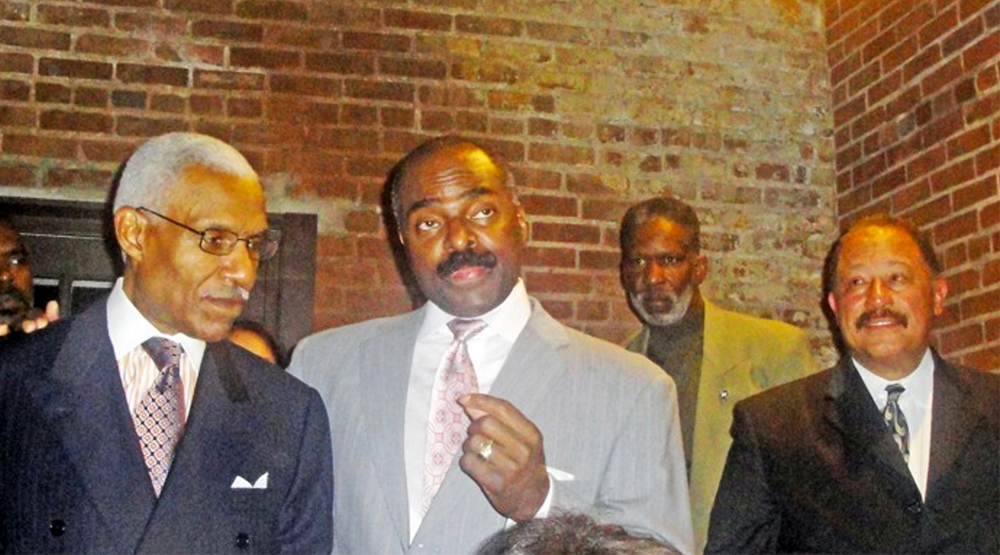
 Jackson Baker
Jackson Baker  Jackson Baker
Jackson Baker 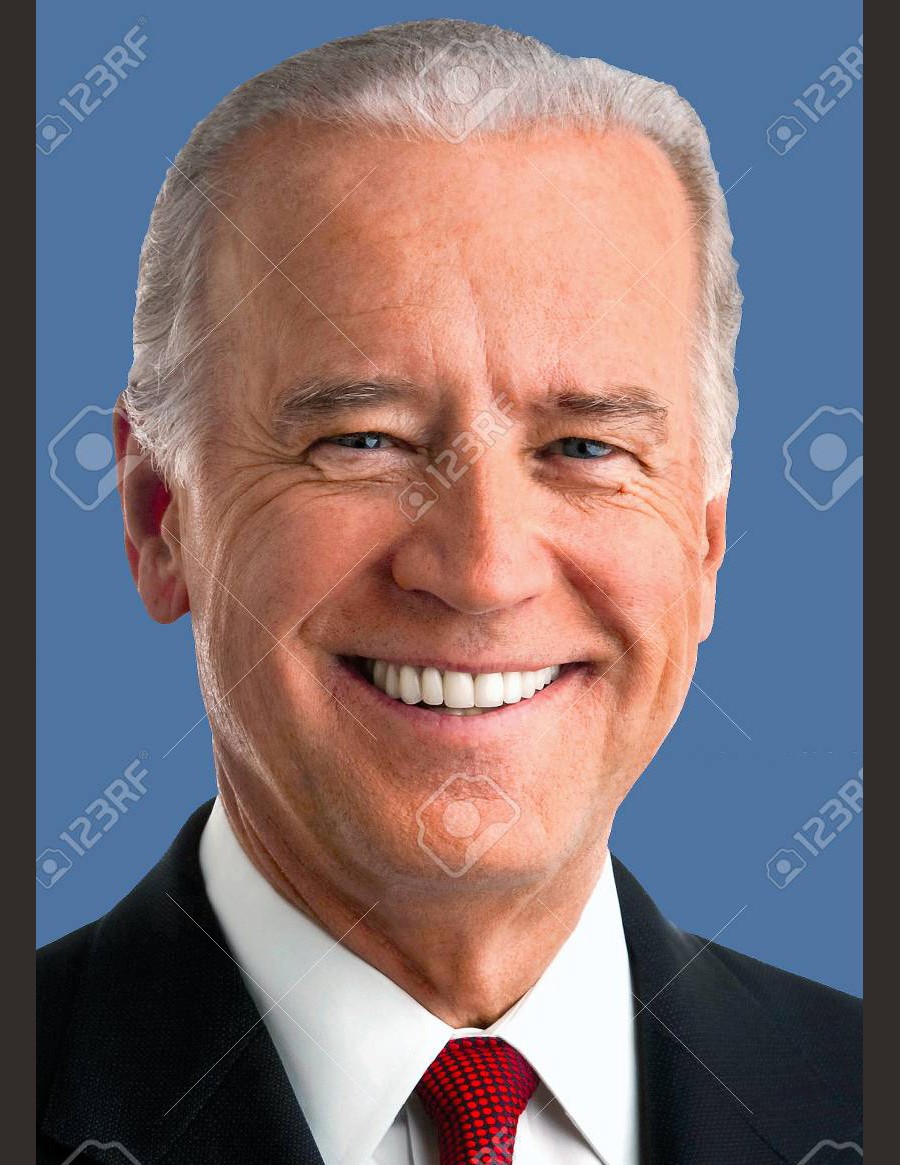
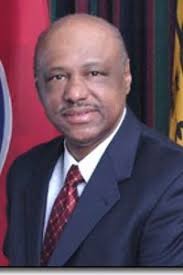
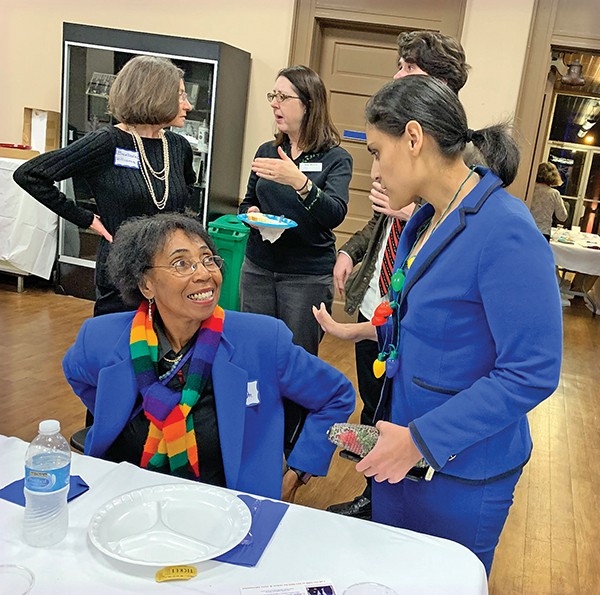 Jackson Baker
Jackson Baker 